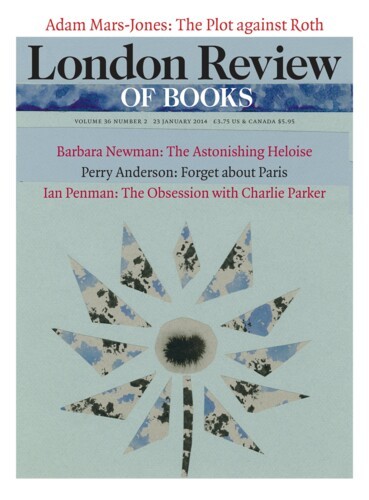What do you mean by a lie? Haeckel’s Embryos
Steven Shapin, 5 May 2016
Some generalisations about the natural world are easy to recall because they are expressed in apothegms – concise, rhetorically marked-out sayings that stick in the mind and come easily to the tongue. Whatever goes up must come down; for every action, there’s an equal and opposite reaction; all life from pre-existing life; all cells from pre-existing cells; the angle of incidence...





